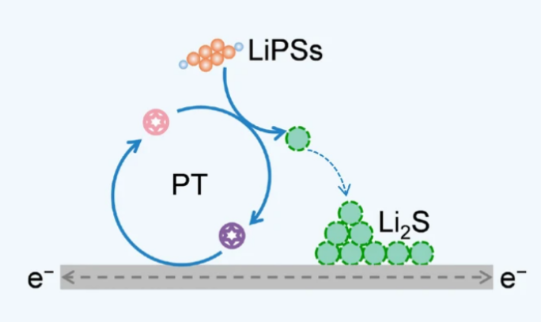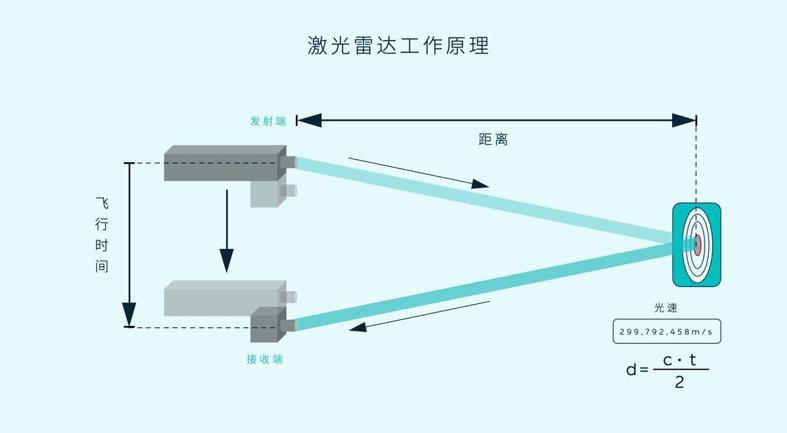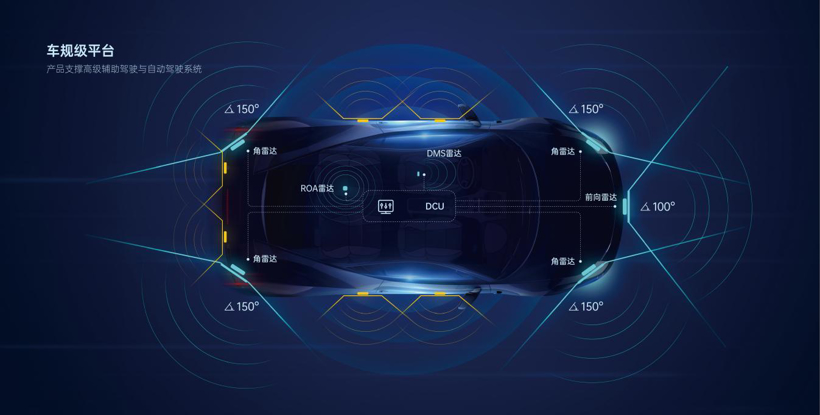Your location:Home >Automotive News >
Time:2022-06-27 12:49:19Source:
Gasgoo Automotive News Lithium-sulfur batteries have ultra-high theoretical energy density and have the potential to become the next generation of energy storage devices.However, the cathode of this battery is severely limited due to the slow sulfur redox reaction kinetics, and its actual energy density seems to be much lower than the theoretical value.According to foreign media reports, researchers from Beijing Institute of Technology and Tsinghua University have proposed an efficient redox mediation strategy, which is expected to promote the practical application of lithium-sulfur batteries.

(Image credit: SpringerLink)
The high theoretical energy density of lithium-sulfur batteries comes from the reaction between the lithium anode and the sulfur cathode.During discharge, when chemical energy is converted into electrical energy, sulfur dissolves into lithium polysulfide, which further dissolves into solid lithium sulfide.However, when this transformation occurs, the kinetic or chemical reaction is rather slow.Under harsh real working conditions, its speed is further slowed down.
To address the slow kinetic challenge, the researchers developed a series of accelerators to drive the battery's reaction.In lithium-sulfur batteries, such promoters often act as sulfur hosts or interlayer materials, aiming to enhance reaction kinetics.Then, even with the accelerator, the performance of the battery slowly degrades because solid lithium sulfide deposits tend to accumulate in the electrocatalytically active sites.Through further studies, the researchers have found that the use of soluble redox mediators is effective in enhancing kinetics.Chemically, this redox mediator can reduce or oxidize lithium polysulfides and further regenerate on the electrode surface.
Previous studies have demonstrated that the use of redox mediators is an effective mechanism to address the sluggish kinetics in micro coin cells.To accommodate higher power Li-S pouch batteries, an advanced redox mediator needs to be developed.So the research team developed a redox mediator using an organic molecule called 5,7,12,14-pentacenetetraone (or PT).In high-energy-density lithium-sulfur pouch batteries, this medium would help to promote sulfur redox kinetics.
This work provides an efficient redox mediator for polysulfide reduction capable of enhanced kinetics.At the same time, the potential application of the complex redox mediator in practical high-density lithium-sulfur batteries is confirmed.Bo-Quan Li, a researcher at Beijing Institute of Technology, said: "Specifically, the PT redox mediator provides a chemical bypass that facilitates the reduction of lithium polysulfides to lithium sulfides, thereby reducing the reaction resistance and improving the deposition ability. ."
To comprehensively tune cathode sulfur redox kinetics, the next step is to develop highly advanced redox mediators.With the help of such advanced media, the lithium metal anode is protected by electrolyte design or activation of the lithium host to achieve high energy density, long cycle, low cost, and high safety of lithium-sulfur batteries.
Statement: the article only represents the views of the original author and does not represent the position of this website; If there is infringement or violation, you can directly feed back to this website, and we will modify or delete it.
Preferredproduct
Picture and textrecommendation


2022-06-27 12:48:05

2022-06-27 12:42:19

2022-06-27 12:40:16


Hot spotsranking
Wonderfularticles


2022-06-27 12:27:05




2022-06-24 22:03:08
Popularrecommendations
